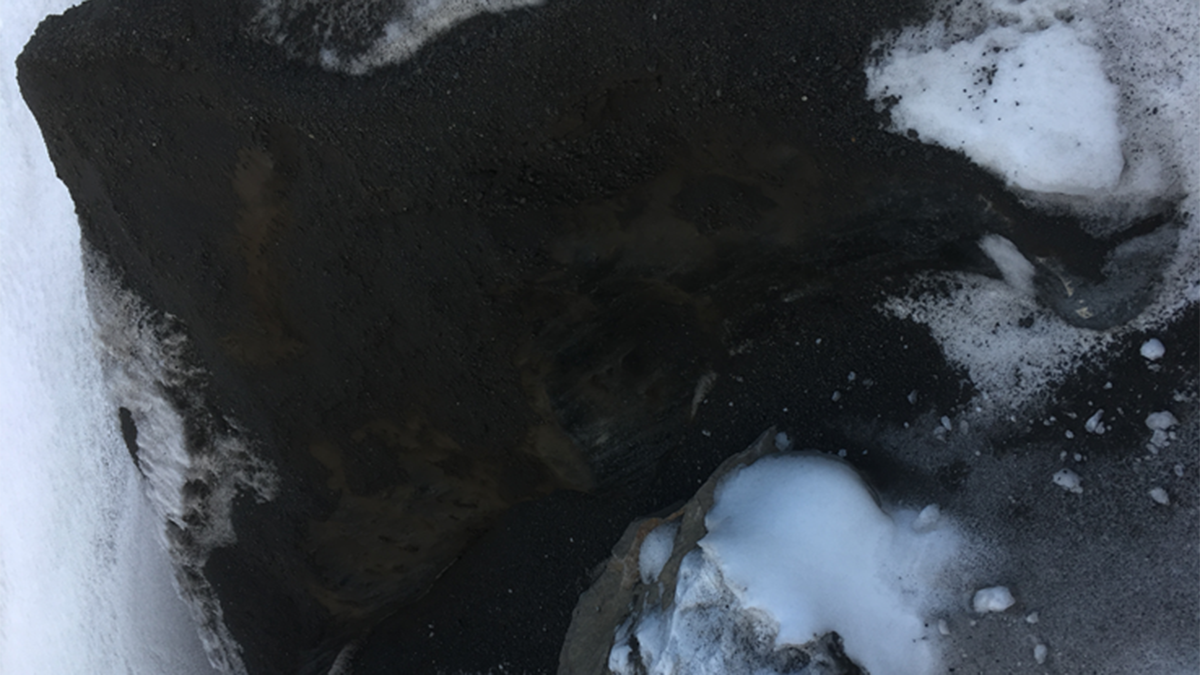Effects of permafrost thaw on environment and well-being in Nordic and Russian Arctic will be assessed

Climate change causes permafrost thawing. As permafrost thaws, greenhouse gases are released into the environment, which again enhances climate warming. This is one of the several Arctic feedback mechanisms which amplify Arctic climate change.
The new IBA-Permafrost project has been granted funding to collect, discuss and evaluate the latest research results on the state, processes, effects and risks of permafrost thaw and use these in new modeling approaches. The project is coordinated by the Finnish Meteorological Institute, in collaboration with the Finnish Environment Institute.
The project forms a new multidisciplinary and networking-oriented consortium in Finland, with international collaboration, covering actors from different fields of research. The aim of the project is to analyze and assess information on permafrost thaw for Arctic policy decision makers. The project will arrange workshops and virtual meetings in Finland, Iceland, Greenland, Russia, and Svalbard.
“Assessing the effects of permafrost thaw requires discussing and including also the most recent measurements and local citizen observations, which are not yet published or available for the scientific community. The aim of this project is to collect this important information and form a picture of the status and possible current and near-future threats to permafrost environment, especially in the Nordic countries and Russia,” says senior research scientist Outi Meinander from the Finnish Meteorological Institute.
“The results can then further be utilized in the assessments serving the Arctic Council”, continues professor Mikael Hildén from the Finnish Environment Institute.
In addition to the Finnish Meteorological Institute that coordinates the project with its main collaborator Finnish Environment Institute, the research partners in the consortium include Svalbard Integrated Arctic Earth Observation System SIOS lead by prof. Heikki Lihavainen, and the University of Helsinki PAN-EURASIAN EXPERIMENT PEEX -programme, Doc. Hanna Lappalainen. The participating network includes also the Ministry of Environment of Finland, Dr. Kaarle Kupiainen, and the Nordic Snow Network (NordSnowNet). NordSnowNet is a recent project launched in 2019 under the Nordic Arctic Co-operation Programme of the Nordic Council of Ministers, which is administered by Nordregio and contributes to enhancing knowledge about the Arctic region. NordSnowNet is coordinated by Dr. Ali Nadir Arslan, Finnish Meteorological Institute, Arctic Space Center, and its partners are Nordic meteorological institutes and collaborative universities and research institutes from Finland, Sweden, Norway, Denmark, Greenland, Iceland and Estonia. NordSnowNet is open for new Nordic partners and their researchers to join.
The IBA-Permafrost project is funded by the Ministry for Foreign Affairs of Finland and will last from mid-November 2020 till the end of 2022.
Further information:
Senior research scientist, Dr. Outi Meinander (project leader, general matters, Arctic environmental change feedbacks), outi.meinander@fmi.fi, tel. +358 50 569 8900. Prof. Mikael Hildén (project collaborator, policy expert), Finnish Environment Institute, mikael.hilden@syke.fi, tel. + 358 295 251 173. Dr. Ali Nadir Arslan (Nordic Snow Network), Finnish Meteorological Institute, ali.nadir.arslan@fmi.fi, tel. +358 50 320 3386 Prof. Heikki Lihavainen (SIOS), SIOS Knowledge Centre, Norway, director@sios-svalbard.org, tel. +47 47 648 242 Doc. Hanna Lappalainen (Pan-Eurasian Experiment program PEEX and Russia-co-operation), University of Helsinki, tel. +358 50 434 1710.
